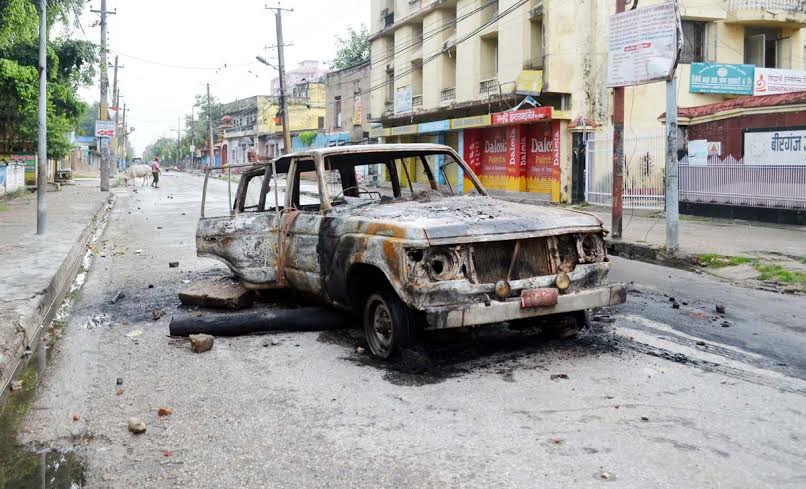Political situation hampering tourism recovery further
Kathmandu
The ongoing bandhs and political protests in different parts of the country is emerging as the biggest threat to the already hard hit tourism industry. While tourism is still struggling to recover from the devastation caused by the recent earthquake, the present turmoil adds further to fears and uncertainty about the tourist season being affected.
Tourism entrepreneurs believe that the present situation is not only hindering recovery efforts, but also conveying a further negative message about the country in the international arena. Stakeholders were hoping for an increase in the flow of the tourists with the approach of the high season. However, they are starting to lose faith in the possibility of receiving more tourists this season.
Hardest hit
Stating that 80 per cent of bookings were cancelled by the earthquake alone, DB Limbu, President at Nepal Association of Tour and Travel Agents (NATTA) said, “Political instability in the country is worsening, if this is not checked it will take us back to the state of tourism in 2004.” He believed that the international community would understand the circumstances created by the natural disaster and things would have got back on track within a year. However, the present political situation is a huge setback, he stated. According to him, though there were expectations of improvement in the situation by October, the political problems have made it more critical.
“The conflict in the Tarai region has over the past month put an end to whatever little progress the tourism sector was making post- earthquake.”
Pashupati Murarka, President of FNCCI
According to him, in a normal situation around this time of the year hotels would be enjoying at least 85 to 90 per cent occupancy. Currently it has fallen to 30 to 35 per cent. He informed that the situation is far worse outside the Kathmandu valley. Stating that the internal conflict has also affected domestic tourism badly, Aryal said, “There is a tremendous drop in the number of domestic tourist as well. At other times domestic tourism has played a significant role in the tourism sector.”
Conflict and chaos
“The conflict in the Tarai region over the past month has put an end to whatever little progress the tourism sector was making post- earthquake,” mentioned Pashupati Murarka, President of the Federation of Nepalese Chambers of Commerce and Industry (FNCCI). According to him, due to the conflict in the terai region of Nepal, bookings in Kathmandu started to get cancelled. He stated that tourists visiting Lumbini were stranded and had to return to their respective countries without reaching their travel destinations. Such incidents, he believes, will send out a negative message in the international community and hamper the tourism recovery process.
“The present situation of tourism is worse than ever in the last 20 years,” he said, adding, “However the government does not seem to be in a hurry to put an end to the problem.” He cited that Nepal was witnessing a lot of improvements in the tourism sector in the past few years— a lot of new hotels and restaurants were opened including travel agencies and other tourism related businesses. “However the recent disaster followed by political conflict is a huge set back for tourism,” he said. According to him, the actual situation of Nepal is not as bad as it is perceived by the outside world, which should be altered. “Here is where the government lacks— to give the right atmosphere for tourism and to convey the positive message in the right place and amongst the right group of people.”






